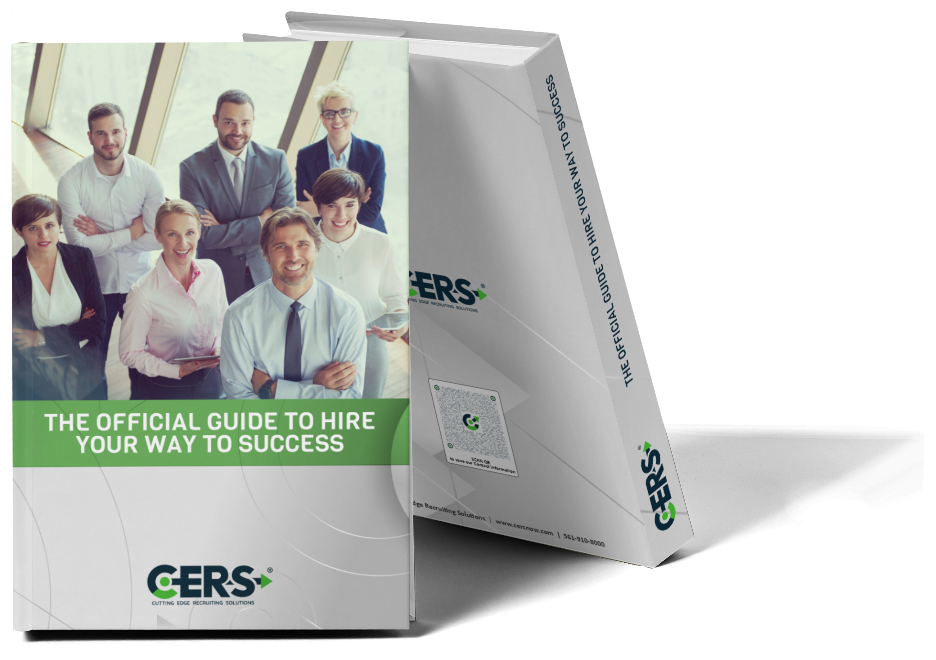The hiring of employees is one of the most critical responsibilities for any manager. Hiring a good employee can help lead your company towards long term success, while hiring a bad one can lead to problems. This goes for every position, from entry-level jobs all the way up to CEOs, meaning that every opening needs to be considered carefully before making a hire. With so much riding on getting your hire right, it is essential that you learn as much as you can about each of your candidates before you make your decision by performing assessments on all potential candidates who you’re considering hiring.
Typical assessments are not enough
Most businesses already conduct some form of assessment when trying to pick a new employee, but the standard methods are not always enough. For instance, any candidate will typically have to go through an interview process, along with a reference check – both of which are forms of assessment. However, these two methods can leave out valuable information, making it necessary that you submit your candidates to more forms of assessment.
A reference check will not tell you if your employee is motivated to work, and a standard interview with typical behavioral-based questions will not let you know if your candidate’s technical skills are up to speed. By introducing some of the methods below, you can paint a more complete picture of your candidate, and in turn, make a better decision.
Situational judgment
It’s one thing to know what a candidate has done in the past, but it is more beneficial to you to know how they will behave in the future. To do this, you can give your candidate a situational assessment. With this test, you ask your employee how they would handle certain work-related situations. You can also give them a list of possible solutions, and ask them to rate each one to learn their preferred method for dealing with issues. With this method, you learn more about your candidate’s thinking process and have a better idea as to what to expect from them in the future.
Personality tests
It is hard to gauge a candidate’s personality during an interview. Most people are typically on their best behavior, and putting forth the face they think you want to see. Their goal is to get the job, and therefore they may stretch the truth or give different answers if they think that’s what you want to hear. With a personality test, you learn more about how a candidate operates, and the questions are a little harder to game. Since the questions will seemingly have no right answers, candidates will feel free to answer truthfully, allowing you to learn more about their underlying characteristics. Personality traits have been shown to be predictive of job success, making this an invaluable tool for managers.
Job simulations
What better way to see if a candidate is up for a job than by putting them into a simulation. By designing a task that simulates what they will see in their day-to-day work, you can judge how well they handle the work before hiring them. It’s one thing to be able to answer a question about how you would do something, and something else entirely to actually do it. Simulations are a great way to test out potential employees without having them directly involved in the business just yet.
Technical skills
If the job your candidate is applying for requires specific technical skills, make sure their skills are up to snuff before you hire them. You should ask specific questions related to the skills or knowledge required for the job, or give practical tests that require the candidate to use their skills/knowledge. Your candidate may have several programming languages listed on their resume, but until they actually write you some code, you won’t know how proficient they are.
Motivational assessments
Once you have figured out if an employee can do the work, you should also find out if they actually want to do the work. What kind of job does the candidate actually desire? What sort of work environment are they looking for? Do they want a job with a good possibility for advancement? After learning this, how do their answers match up with the characteristics of the job? If the characteristics of both the job and the candidate line up, then you are likely to have a motivated employee. On the other hand, if there is a mismatch, your candidate may become lethargic, and their performance could begin to suffer after a few months of employment (or less). Just because a candidate is qualified for a position, doesn’t mean they are the best for the job, and assessing their motivations is key to determining a good fit.
When to assess the candidates
The best time to conduct a deeper assessment on your candidates will depend on which of the above methods you choose to go with. For example, a technical skills or personality assessment is better suited before a standard interview, so that you can ensure each person you talk to is already capable of the job. Job simulations on the other hand take time, and should be given out sparingly to those candidates that pass the initial thresholds.
There are many methods that you can choose when trying to assess a candidate, with the above list being only a sample. Not every assessment type is essential for each job, and knowing which methods to choose is just as important as applying them correctly. It is also important to understand your own organizations limitations, and to allow others to help assess your candidates.
By working deeper assessments into your hiring process, not only can you feel more confident that you are getting the best employee possible, but you can also speed up the process. Since you are spending less time on the hiring process, and getting a better result in the end, you are setting your organization up for long-term success.
[av_hr class=’short’ height=’50’ shadow=’no-shadow’ position=’center’ custom_border=’av-border-thin’ custom_width=’50px’ custom_border_color=” custom_margin_top=’30px’ custom_margin_bottom=’30px’ icon_select=’yes’ custom_icon_color=” icon=’ue808′ font=’entypo-fontello’]
Contact one of the Talent Acquisition Specialists at Cutting Edge Recruiting Solutions to get access to qualified candidates who have been assessed in our testing center to save you both time and money from having to do it yourself. Fill out the form below, or call us at 561-475-4007.
[av_contact email=’weblead@cersnow.net’ title=’Contact one of our recruiters:’ button=’Submit’ on_send=” sent=’Your message has been sent!’ link=’manually,https://’ subject=” autorespond=” captcha=” form_align=” color=”]
[av_contact_field label=’Name’ type=’text’ options=” multi_select=” av_contact_preselect=” check=’is_empty’ width=”][/av_contact_field]
[av_contact_field label=’E-Mail’ type=’text’ options=” multi_select=” av_contact_preselect=” check=’is_email’ width=”][/av_contact_field]
[av_contact_field label=’Phone number’ type=’text’ options=” check=’is_empty’ width=”][/av_contact_field]
[av_contact_field label=’How can we help?’ type=’textarea’ options=” check=’is_empty’ width=”][/av_contact_field]
[/av_contact]









